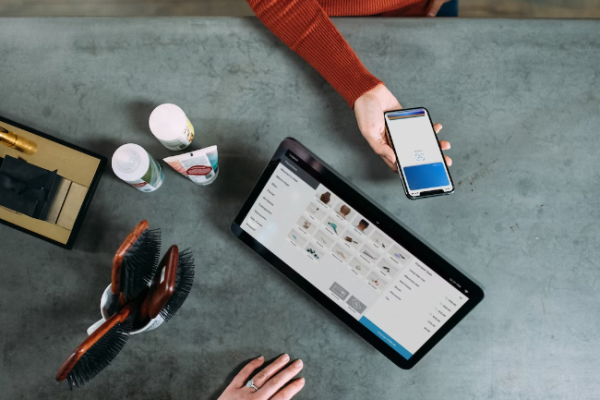
The world of retail has undergone a remarkable transformation in recent years, largely driven by advancements in technology. One of the most significant changes has been the integration of Point of Sale (POS) systems into the retail landscape. These innovative systems have not only streamlined the sales process but have also fundamentally changed the way retail accounting is conducted. In this article, we will explore how POS technology has revolutionized retail accounting.
Automation of Sales Transactions
One of the most profound impacts of POS technology on retail accounting is the automation of sales transactions. In the past, retailers relied heavily on manual processes to record each sale, which was not only time-consuming but also prone to human errors. With the advent of POS systems, every sale is automatically recorded, eliminating the need for manual entry and reducing the risk of errors. This automation ensures that each transaction is accurately and consistently accounted for in the books.
Real-Time Inventory Tracking
Another game-changing feature of POS technology is its ability to provide real-time inventory tracking. Traditional accounting methods required periodic manual stock counts, which were often time-consuming and prone to inaccuracies. With POS systems, retailers can monitor their inventory levels in real-time. This real-time data not only helps in managing inventory more efficiently but also provides valuable insights for financial planning and forecasting.
Enhanced Sales Reporting
POS systems offer robust reporting capabilities that provide retailers with a wealth of information about their sales performance. These systems generate detailed reports on sales trends, customer behavior, and product performance. Retailers can use this data to make informed decisions about inventory management, pricing strategies, and marketing efforts. In terms of accounting, these reports are invaluable for tracking revenue, identifying high-margin products, and assessing the effectiveness of promotions.
Integration with Accounting Software
Modern POS systems often come with seamless integration options for accounting software such as Iactiveo or other similar platforms. This integration eliminates the need for manual data entry into accounting software, reducing the chances of errors and saving time. Sales data, expenses, and other financial information can be automatically transferred from the POS system to the accounting software, ensuring that financial records are up to date and accurate.
Improved Loss Prevention
Retail businesses often face challenges related to theft and shrinkage. POS technology plays a significant role in addressing these issues through the use of features like inventory tracking and security measures. When discrepancies are identified between sales data and inventory levels, it becomes easier to detect potential theft or discrepancies in the accounting records, allowing for prompt action to mitigate losses.
Customer Relationship Management (CRM)
Many modern POS systems include CRM functionality, which allows retailers to collect and store customer information. This data can be used to build customer profiles, track purchase history, and implement loyalty programs. From an accounting perspective, this information can be valuable for analyzing customer spending patterns and tailoring marketing efforts to specific customer segments.
Conclusion
The advent of POS technology has had a profound impact on retail accounting. It has automated sales transactions, provided real-time inventory tracking, enhanced sales reporting, integrated seamlessly with accounting software, improved loss prevention measures, and enabled better customer relationship management. These advancements have not only made retail accounting more efficient and accurate but have also empowered retailers to make data-driven decisions that can boost profitability and enhance the overall shopping experience for their customers. As technology continues to evolve, the role of POS systems in retail accounting is likely to expand even further, shaping the future of the industry.